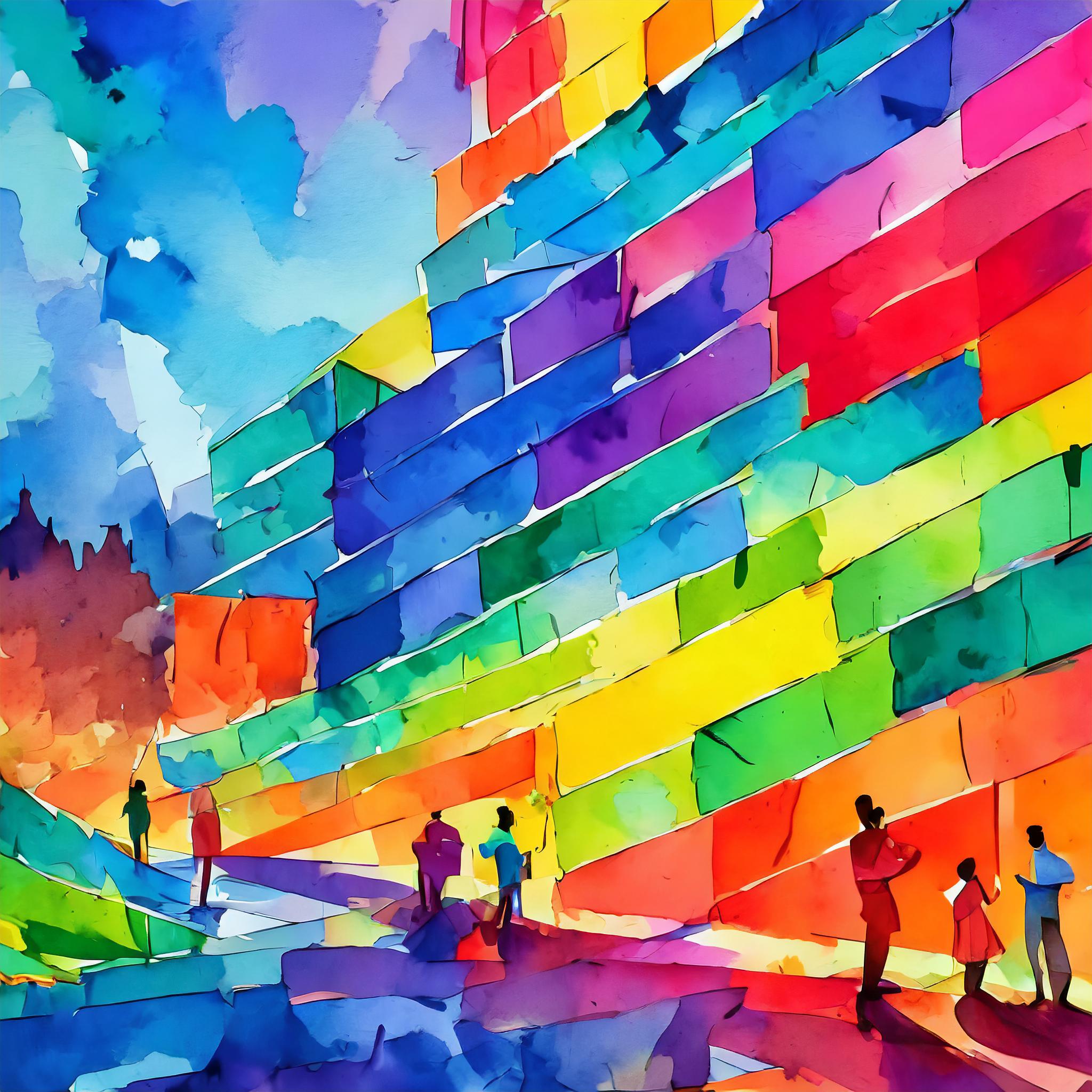The Paradox of Expertise: Why Unlearning Is the New Skill You Need
The illiterate of the twenty-first century will not be those who cannot read and write, but those who cannot learn, unlearn, and relearn. —Alvin Toffler
 In today's rapidly evolving world, the ability to adapt is crucial for success. As we face new challenges and opportunities, being able to quickly adjust and learn new skills becomes paramount. However, there is another important aspect of adaptability that often goes unnoticed - the power of unlearning.
In today's rapidly evolving world, the ability to adapt is crucial for success. As we face new challenges and opportunities, being able to quickly adjust and learn new skills becomes paramount. However, there is another important aspect of adaptability that often goes unnoticed - the power of unlearning.
Unlearning, in simple terms, is the process of letting go of old knowledge, beliefs, and habits that no longer serve us. It involves challenging our preconceived notions and being open to new perspectives and ideas. Unlearning allows us to create space for new learning and enables us to adapt more effectively to changing circumstances.
One area where unlearning plays a significant role is in our ability to embrace change. Many of us are resistant to change because we hold onto familiar routines and ways of doing things. However, by unlearning our attachment to the status quo, we can free ourselves from the limitations that prevent growth and progress. Unlearning allows us to approach change with curiosity and openness, making it easier to adapt and thrive in new environments.
Furthermore, unlearning enhances our problem-solving skills. By challenging our existing assumptions and biases, we become more open to alternative solutions and perspectives. This flexibility of thought enables us to find innovative solutions to complex problems and navigate unfamiliar situations with ease. The more we unlearn rigid thinking patterns, the more adaptable and creative we become in our approach to problem-solving.
Other focus areas we humans shall consider unlearning to strengthen our “adaptability muscle” in this age of artificial intelligence, are over-reliance on information and knowledge, fear of automation, rigid adherence to traditional methods, compartmentalization of knowledge in favour of holistic perspectives, overemphasis on individual achievement (including academic ones) and lack of self-awareness and mindfulness.
As we unlearn outdated knowledge and beliefs, we create space for new ideas and perspectives to enter our lives, which is also often called our Mental Flexibility. This expansion of our mental horizons allows us to embrace diversity and collaborate effectively with others. By unlearning biases and embracing inclusivity, we can tap into the collective wisdom and experiences of a diverse group, leading to more innovative and adaptive outcomes.
Both Unlearn and Mental Flexibility are identified dimensions strongly correlated with our Adaptability as documented by AQai, the leading coaching community and organization that Transforms the way people and organisations adapt to change by measuring and improving AQ.
Ping me so I can tell you how this all works. There is a process to #Unlearn, and of course, there is an AI for it too :-). Make sure to visit https://www.aqai.io/ to explore the powers of Adaptability.
Start Your Unlearn Process With Educatefor.Life
To offer practical steps to Unlearn, your Educatefor.Life Flywheel will offer to guide you through your own Unlearn process. We follow several seminal books and articles to give you the most impactful unlearning experience, starting with the structure in the book: “Unlearn: Let Go of Past Success to Achieve Extraordinary Results” by Barry O’Reilly.
You will not be an early adopter of Unlearning, though. (Sorry)!
Examples of famous people who had something to unlearn before their breakthroughs could happen:
- Steve Jobs - The co-founder of Apple Inc. had to unlearn his traditional corporate mindset when he was ousted from the company in 1985. During his time away, he learned valuable lessons about innovation and design at his new venture, NeXT, which ultimately influenced the success of Apple upon his return.
- J.K. Rowling - The author of the immensely popular Harry Potter series faced numerous rejections from publishers before her breakthrough. She had to unlearn the idea that success was unattainable and kept persisting until her work was accepted.
- Oprah Winfrey - Oprah had to unlearn her shyness and insecurity to become one of the most influential talk show hosts and media moguls in the world. Overcoming her personal limitations allowed her to connect with her audience on a profound level.
- Michael Jordan - Widely regarded as one of the greatest basketball players of all time, Jordan initially struggled with the belief that he couldn't succeed in basketball. After being cut from his high school basketball team, he used this setback to motivate himself to improve and eventually achieved incredible success.
- Elon Musk - The CEO of SpaceX and Tesla had to unlearn the conventional wisdom of the aerospace and automotive industries to pursue his ambitious goals. His willingness to challenge established norms and rethink the status quo has been a key factor in his success.
- Thomas Edison - Edison had to unlearn the fear of failure and embrace experimentation. He famously said, "I have not failed. I've just found 10,000 ways that won't work" while developing the electric light bulb. His persistence and willingness to unlearn and adapt were crucial to his many inventions.
- Marilyn Monroe - Before becoming an iconic Hollywood actress, Marilyn Monroe had to unlearn her insecurities and self-doubt. She transformed herself from a shy, aspiring model into a confident and beloved star.
- Nelson Mandela - Mandela had to unlearn the bitterness and anger that could have consumed him during his 27 years in prison. Instead, he chose forgiveness and reconciliation, leading to his pivotal role in ending apartheid and becoming South Africa's first black president.
Explore more human skills for your Human Operating System here.
